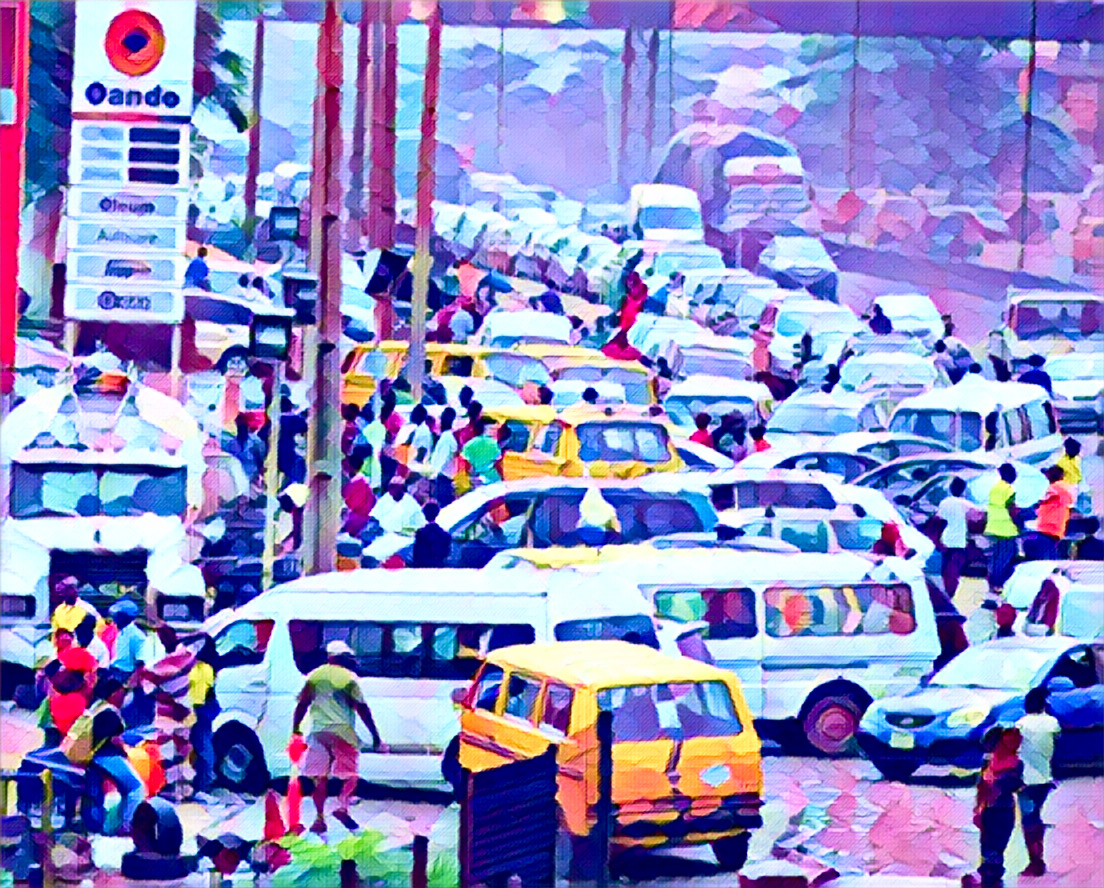Ilorin, the capital of Kwara State in Nigeria, is in the grip of a severe fuel shortage that has thrown the transportation sector into disarray. Commuters are facing long queues, exorbitant fares, and a scarcity of vehicles on the road.
Fuel Stations Run Dry, and Prices Skyrocket
The situation reached a critical point on Sunday. Most petrol stations in Ilorin were closed, leaving only a handful open to service a surge in demand. These remaining stations witnessed long queues of frustrated motorists, all vying for the limited fuel supplies.
This scarcity has inevitably driven fuel prices upwards. Just a few days ago, petrol was selling for around 750 Naira per liter. However, on Sunday, prices had jumped to nearly 1,000 Naira per liter – a significant increase that puts a strain on household budgets.
Commuters Bear the Brunt
The fuel shortage has had a ripple effect across Ilorin’s transportation network. With fewer vehicles on the road due to limited fuel availability, commuters struggled to find rides. Those fortunate enough to secure transportation faced a significant increase in fares.
Tricycle rides, a popular mode of transportation in Nigerian cities, typically cost around 300 Naira. However, during the fuel shortage, these fares doubled to 500 Naira for the same distance. Similarly, minibus fares, which were previously around 200 Naira, surged to 400 Naira.
The impact extends beyond the city limits. Interstate travel has also become considerably more expensive. A trip from Ilorin to Offa, a distance of approximately 70 kilometers, typically costs 1,200 Naira. But due to the fuel shortage, fares have skyrocketed to 2,500 Naira – a staggering 150% increase. The situation is similar for journeys to other neighboring cities, with the cost of traveling from Ilorin to Ogbomoso jumping to 1,500 Naira per passenger.
Residents Demand Action
The fuel shortage has caused significant hardship for residents in Ilorin. Daily commutes have become considerably more expensive, impacting people’s ability to get to work, run errands, and go about their daily lives. Alhaja Halirat Aribidesi, a resident of Ilorin, spoke out about the challenges. She highlighted the daily cost of transportation from her home to her shop, which has doubled due to the increased fares. Aribidesi urged the government to take immediate action to address the fuel shortage and called for measures to stabilize the Naira’s exchange rate, which is contributing to the rising cost of fuel.
Aribidesi’s plea reflects the sentiment of many residents in Ilorin. The current situation is causing significant financial strain and disruption to daily routines. Residents are looking to the government for a swift resolution to the fuel crisis and a return to normalcy in the transportation sector.
Uncertainties and Potential Causes
The reasons behind the fuel shortage in Kwara remain unclear. There has been no official explanation from the government or petroleum industry officials. However, speculation points towards logistical issues or potential shortfalls in supply.
The situation in Ilorin is a microcosm of a wider problem affecting other parts of Nigeria. Fuel shortages have been reported in several Nigerian cities in recent weeks, causing similar disruptions to transportation and economic activity.
Source: Punch


